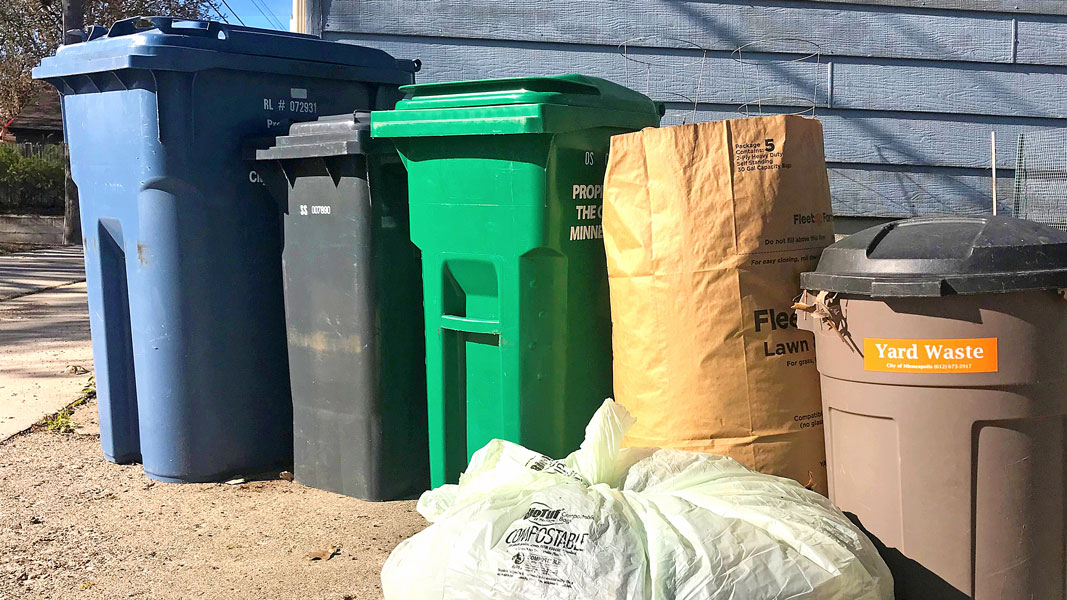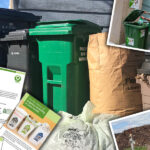Top: Photo courtesy Kellie Kish, City of Minneapolis
Two pieces of bipartisan legislation focused on improving the nation’s recycling and composting systems were passed by the U.S. Senate in mid-March and have moved on to the U.S. House of Representatives to pass. The bills that passed were reintroduced in April 2023 by three Senators on the Environment and Public Works Committee — Shelley Moore Capito, Tom Carper, and John Boozman. The Recycling Infrastructure and Accessibility Act of 2023 would create a pilot program to increase access to recycling services in underserved areas, such as rural communities in West Virginia; the Recycling and Composting Accountability Act (RCAA) would improve the U.S. Environmental Protection Agency’s (EPA) ability to gather data on U.S. recycling systems and explore opportunities for implementing a national composting strategy, including the capability of the U.S. to implement a national residential composting strategy. The bill also directs the EPA to issue a report identifying potential barriers to such a strategy and evaluating existing composting programs across the country.
Other elements of the RCAA include:
- Create a comprehensive baseline of data by requiring EPA to collect and report on the prevalence of recycling and composting programs nationwide, the type of materials accepted by each program and contamination rates, and community access to curbside or drop-off recycling and composting.
- Direct EPA to prepare a report on the end market sale of all recyclable materials and compostable materials collected from households and publicly available drop-off centers. It also instructs the agency to develop a metric for examining the proportion of recyclable materials in commercial and municipal waste streams that are being diverted from a circular market through elimination or disposal.
- Establish voluntary guidelines for state, local, and Tribal governments to enhance recycling and composting, including standardized labeling techniques for containers of waste, recycling, and compostable materials; readily available pamphlets and other print materials on recycling; primary and secondary school educational resources; web and media-based education campaigns; and labeling guidance for recyclable and compostable materials.










